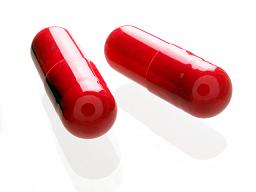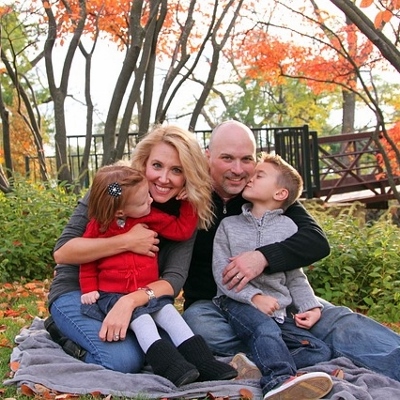 Parents of teens beware. A new health threat looms on the horizon. What is this new danger? The abuse of prescription drugs by teenagers. Information supplied by the Office of National Drug Control Policy (ONDCP) states that “Every day, 2,500 youth age 12 -17 abuse a pain reliever for the very first time.” If that isn’t scary enough, they also report that “Among 12 and 13 year-olds, prescription drugs are their drug of choice.”
Parents of teens beware. A new health threat looms on the horizon. What is this new danger? The abuse of prescription drugs by teenagers. Information supplied by the Office of National Drug Control Policy (ONDCP) states that “Every day, 2,500 youth age 12 -17 abuse a pain reliever for the very first time.” If that isn’t scary enough, they also report that “Among 12 and 13 year-olds, prescription drugs are their drug of choice.”
The dangers are real. For example, a large dose of prescription painkillers or central nervous system (CNS) depressants can cause breathing problems and even lead to death. Ingesting stimulants can lead to heart failure and even seizures. The negative effects of these drugs only worsen when mixed with alcohol. As you can see, when teens engage in this risky behavior, they are literally risking their lives.
You may be asking yourself, where do teens get these drugs? They get them from friends and relatives. In fact, 70% of people age 12 and older who abuse prescription painkillers say they obtain them from those sources (ONDCP).
So, what can you do? You already educate your child about the dangers of smoking, alcohol, and marijuana, but with this new trend, you need to teach them about the dangers of illegal prescription drug use. Studies have shown that children who may not have thought of trying smoking or drinking may try prescription drugs because they are so readily available. If your son or daughter doesn’t know you disapprove of this practice, he or she might assume that doing it won’t harm them.
The following information can assist you in your effort to prevent this problem in your home.
1. Learn the names of the most commonly abused prescription drugs. Some of them are: Vicodin, Tylenol with Codeine, OxyContin, Percocet, Klonopin, Valium, Xanax, Adderall, Ritalin, and Dexedrine.
2. Safeguard your own prescription drugs. This is easy, as you can monitor quantities and control access.
3. Teach your child about the importance of using all prescribed drugs correctly, and of never sharing prescription medications with others.
4. Properly dispose of unused or outdated medications. Find an RX disposal site near you by calling your local health department. If no drop-off events are scheduled, the health department can give you information on how to dispose of the medication safely.
5. Be a good role model. Your child is always watching you.
6. Ask family and friends to safeguard their prescription drugs as well.
7. Watch for signs of drug use in your teen. Some common signs are: constricted pupils, changes in personality, slurred speech, excessive energy, forgetfulness, and flushing. Even being secretive can hint at drug use.
It is never easy to discuss hard issues with a teenager. They many times don’t seem receptive, yet they ARE listening. Time and time again, studies show that teens report that parent disapproval is effective in keeping them away from drugs (ONDCP).
For more information on the abuse of prescription drugs, visit www.TheAntiDrug.com or call 1-800-788-2800 to request free materials.










